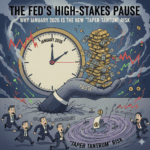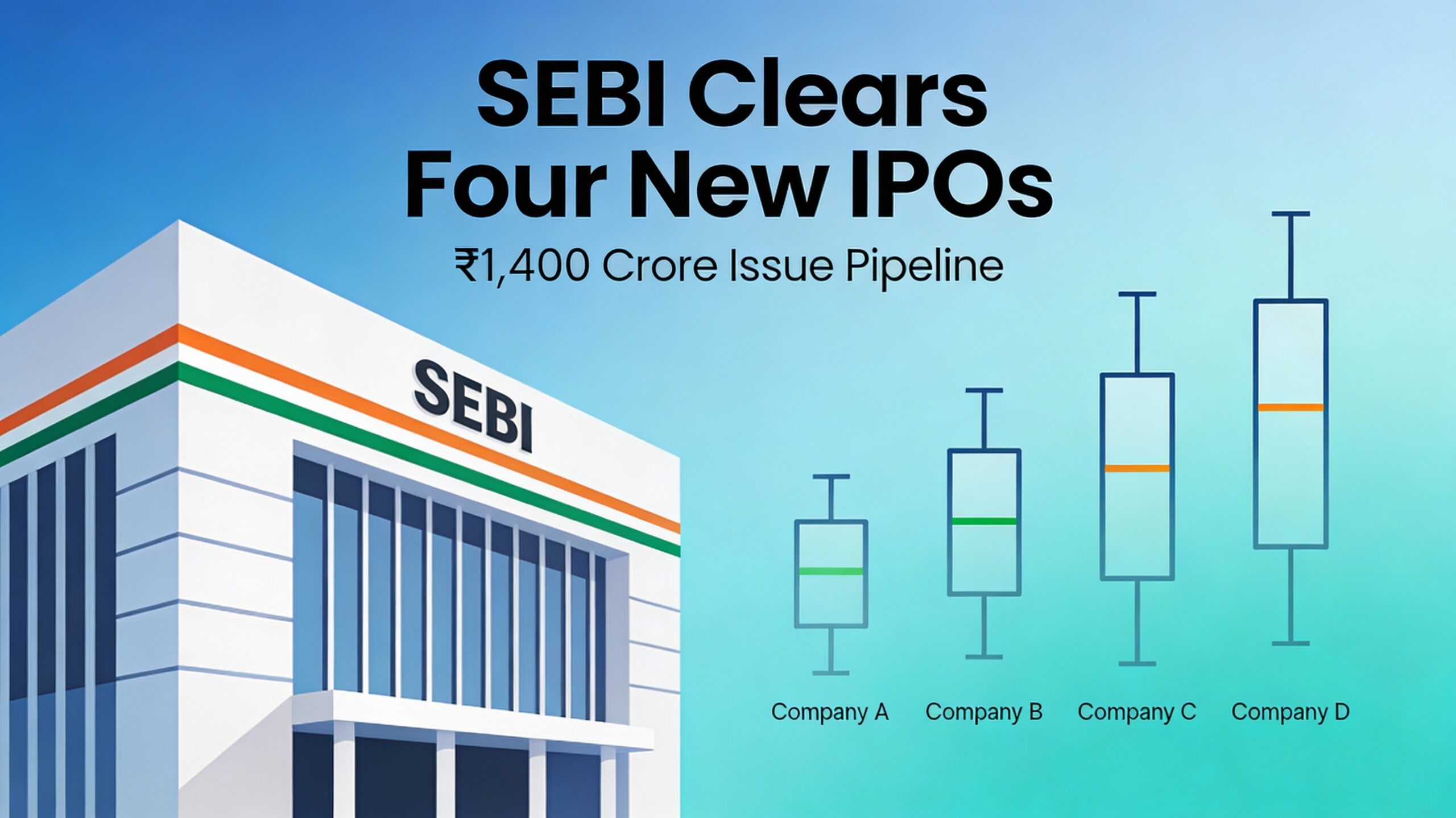Market experts are predicting that PSU stocks, including banks, will remain in a consolidation phase until there is clarity on the government’s policies, given the recent election results that left the BJP government short of the halfway mark. This outcome has heightened market concerns about the potential uncertainty in government operations and policy-making.
In early trade on June 5, PSU banks continued to feel the pressure following significant losses the previous day. Shares of several banks, including Union Bank, Bank of Baroda, Indian Bank, Central Bank, PNB, Indian Overseas Bank, Canara Bank, SBI, UCO Bank, Bank of India, and Maharashtra Bank, saw declines ranging from 11-16% on June 4. However, Canara Bank, IOB, PSB, and PNB experienced a modest recovery on June 5, gaining up to 2%.
Chokkalingam G, Founder of Equinomics Research, suggests that political stability is key to seeing a bottoming out of the correction in PSU bank stocks. He advises investors to wait at least two days before making new investments. Similarly, Jignesh Shah, head of the BFSI sector at InCred Capital, notes that while the PSU banking rally isn’t necessarily over, market participants will be closely monitoring any new government measures.
Despite the recent turbulence, investors who have held PSU stocks over the last 2-3 years are still in a profitable position, as many of these stocks have doubled in value. This growth is attributed to improved balance sheets, access to low-cost deposits, strong loan growth, enhanced governance, and increased technology usage.
Devarsh Vakil, Deputy Head of Retail Research at HDFC Securities, highlights that Indian banks, particularly state-owned ones, had their best fiscal year in 2024, characterized by robust growth and historically low bad loans. Although valuations have risen from the levels seen a few years ago, they remain attractive investment opportunities due to healthy fee income and a relatively lower credit-to-deposit (CD) ratio.
A recent FICCI-IBA bankers’ survey supports this positive outlook, indicating a significant reduction in PSU banks’ bad loans over the past six months. According to the survey, 77% of respondent banks reported a decrease in NPA levels, with public sector banks showing better asset quality trends compared to their private sector counterparts. Looking ahead, over half of the respondent banks predict their gross NPAs will be in the range of 3-3.5% in the next six months, while about 14% expect NPA levels between 2.5-3%.
However, investor confidence remains shaky, hinging on the stability of the coalition and future governance developments. UBS analysts caution that the government may not function as smoothly as in the past decade, when the PM’s office had strong control over government machinery. The search for alliance partners could lead to significant policy shifts and potentially disrupt growth momentum.
Given the current uncertainty, some market experts recommend avoiding PSU bank stocks for the moment. Nevertheless, Vijayakumar of Geojit Financial Services maintains a bullish medium-to-long term outlook on SBI, Bank of Baroda, and Canara Bank, citing their attractive valuations. Currently, SBI trades at a 10.3x price-to-earnings (PE) ratio, BoB at 6.8x PE, and Canara Bank at 6.5x PE, all significantly below the sector’s median PE of 10.6x.
Fundamentally, there have been no drastic changes for PSU banks, and analysts generally agree that it is too soon to determine whether the PSU banking rally has definitively ended.
Disclaimer: The information provided in this article is for informational purposes only and should not be construed as financial advice. Market investments are subject to risks, and it is advised to consult with a qualified financial advisor before making any investment decisions. The opinions expressed are those of the respective analysts and do not necessarily reflect the views of the publication. The accuracy and completeness of the information are not guaranteed, and the publication assumes no liability for any losses incurred by readers.















